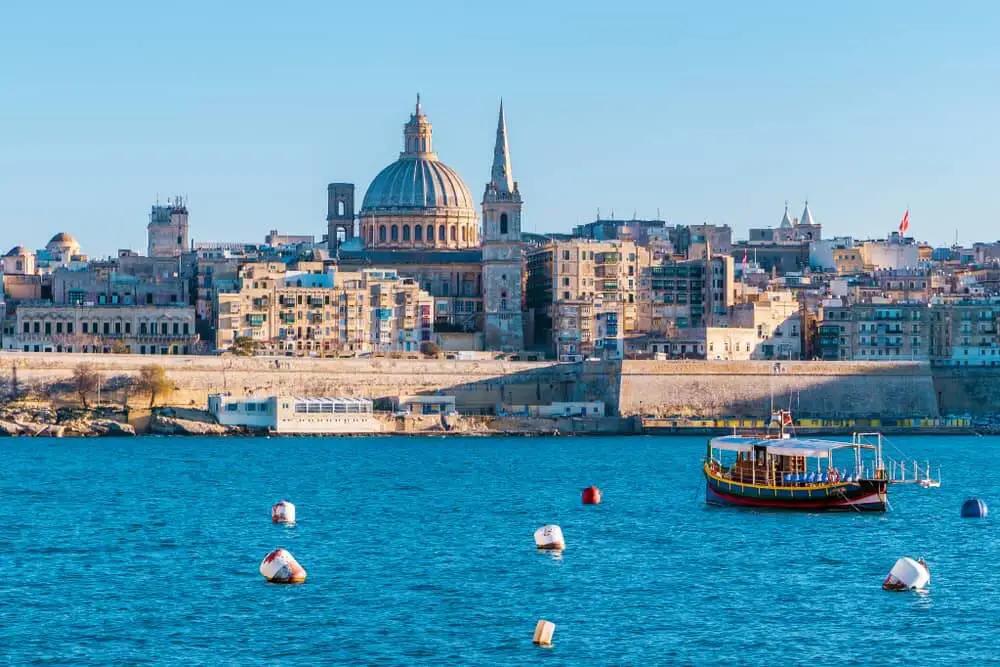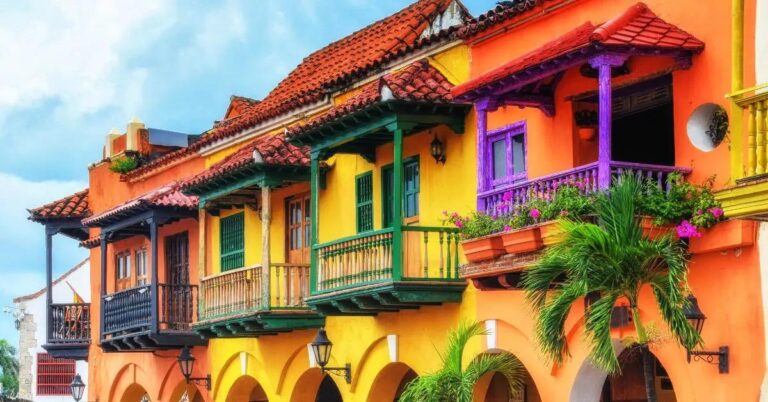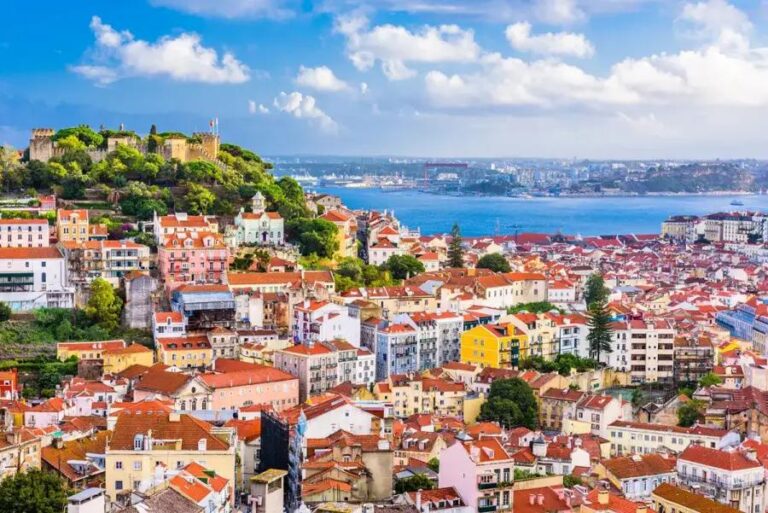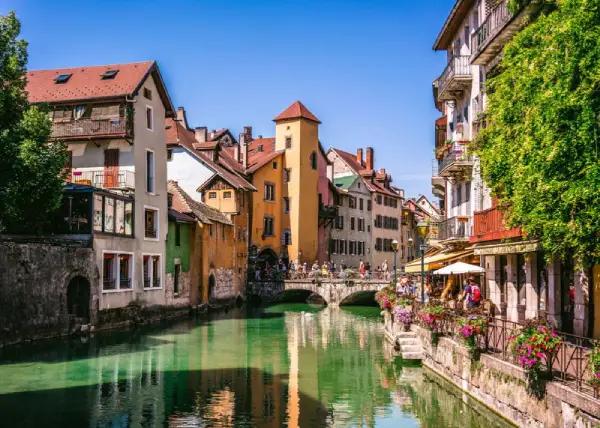TL;DR:
- Rental Costs: Valletta: €700-€1,200/month; Gozo: €400-€700/month.
- Property Buying Costs: City centers: €4,000/sq meter; Outside city centers: €2,200/sq meter; additional 5% stamp duty, 1% legal fees.
- Utilities: €80-€140/month; internet/phone: €25-€40/month.
- Healthcare: Public healthcare free for residents; private insurance: €600-€2,000/year; overnight private hospital stay: €200-€300; surgeries: €1,000-€20,000.
- Groceries: €400-€500/month; milk: €1/liter; bread: €1.50; eggs: €2.50/dozen.
- Dining Out: Budget restaurant meal: €15; upscale: €30+; coffee: €2.
- Additional Living Costs: Monthly bus pass: €26; gas: €1.30/liter; gym: €30-€60/month; social activities: €50/month; movies: €8.
Considering a retirement on the sun-kissed island of Malta? It’s crucial to understand the cost of living first. In this guide, I’ll break down housing expenses, healthcare costs, and daily living necessities. By the end, you’ll know if Malta is an affordable paradise for your golden years. Spoiler: It might just be the economical haven you’ve been dreaming of! Let’s dive into the specifics.
How Much Does Housing Cost for Retirees in Malta?
Rental prices in Malta can vary based on location. In popular spots like Valletta or Sliema, expect higher prices. A one-bedroom apartment in Valletta might cost between €700 to €1,200 monthly. Smaller towns and rural areas, such as Gozo, offer lower rental options ranging from €400 to €700 per month.
Buying property in Malta has its own expenses. The average price per square meter in city centers is around €4,000. Outside city centers, it can drop to about €2,200 per square meter. Property purchase costs include the initial price, a 5% stamp duty, and legal fees, which can be around 1% of the property value.
Affordable housing areas do exist. Places like Marsaskala, Birkirkara, and parts of Gozo have lower housing costs. These areas are quieter, which can be a good choice for retirees. Healthcare and amenities are still easily accessible from these locations.
Utility costs are another factor. For a small apartment, monthly utilities can cost around €80 to €140. This includes electricity, water, and garbage collection. Additionally, internet and phone services might add another €25 to €40.
When comparing the costs of renting vs buying, renting can offer flexibility without long-term commitment. Buying a home might seem more stable but comes with higher initial costs and responsibilities.
For retirees budgeting monthly utilities, consider an average of €120 to €180. Keep in mind, Malta’s mild climate can help save on heating costs. For consistent budgeting, track your monthly bills and look for energy-saving tips.
What are the Healthcare Costs for Retirees in Malta?
Can US citizens retire to Malta? Yes, they can. Healthcare is one of the big concerns for anyone retiring. In Malta, both public and private healthcare are accessible.
Public Healthcare Options and Costs
Public healthcare in Malta is usually free for residents. This includes doctor visits, hospital care, and some prescription drugs. You need an entitlement card. This means showing proof of residence or having a European Health Insurance Card (EHIC). The public system is funded through taxes. Waiting times can be long for non-urgent issues.
Private Healthcare Insurance Premiums
Private medical insurance can be a good idea. Premiums vary based on age and coverage. For an average retiree, it might range from €600 to €2,000 annually. This covers quicker access to specialists, private hospital rooms, and some dental and vision care.
Hospital Visits and Surgery Costs
Without insurance, hospital visits can be costly. A single overnight stay in a private hospital costs around €200 to €300. Surgeries range widely in price. For instance, a routine surgery might cost around €1,000, while major procedures can go up to €20,000.
Dental and Vision Care Expenses
Dental care and vision are not usually covered by public healthcare. A routine dental check-up costs roughly €50 to €75. Dental procedures like crowns or implants can be expensive, starting from €500. Eye exams cost about €30 to €40. Glasses or contact lenses start from €100, depending on the brand and type.
Prescription Medication Costs
Prescriptions in Malta are relatively affordable. Many common drugs cost under €10. Over-the-counter drugs can be even cheaper. However, newer or specialized medicines may cost more. Always check if your needed medications are available and the local prices.
Emergency Care Fees
Emergency care is free in public hospitals. For private hospitals, costs depend on the treatment needed. An emergency room visit could cost you between €100 and €300. Ambulance services in public settings are free, but private ones charge around €50 to €100 per trip.
Affordable Medical Care Options
Malta offers affordable healthcare. Financial aid options exist for low-income patients. Charitable organizations and community health centers contribute as well. For example, the government provides drug assistance programs under the Pharmacy of Your Choice (POYC) scheme.
Retiring in Malta offers many healthcare benefits. Assess your needs and budget well. Consider both public and private healthcare to find what works best for you.
How Much Should Retirees Budget for Daily Necessities in Malta?
The cost of daily necessities in Malta is a key concern for retirees. Based on my experience, retirees should budget around €400-€500 per month for groceries. Supermarket prices in Malta for common items like bread, milk, and eggs are reasonable. Here are some average prices: a loaf of bread costs around €1.50, milk about €1 per liter, and eggs around €2.50 for a dozen.
Fresh produce is widely available in Malta. You’ll find that local vegetables and fruits are affordable. For example, a kilogram of potatoes might cost €1.20, while apples can be about €2.50 per kilogram. The island’s climate helps keep these costs low. Meanwhile, the cost of meat and dairy can be higher. Chicken breasts, for instance, are often around €6 per kilogram, and a liter of yogurt might be about €2.20.
Eating out in Malta offers many choices, but it’s essential to budget. An average meal at a budget restaurant will set you back around €15, including a drink. If you prefer to dine at more upscale establishments, expect to pay €30 or more per person. Cafés are popular and less costly; a coffee typically costs around €2.
I recommend creating a monthly eating-out budget. Based on my observations and conversations with retirees, €150-€200 should be enough for occasional dining out. If you prefer food delivery services, factor in an extra €50-€100 monthly.
Other daily necessities like toiletries also add to your monthly expenses. Products such as toothpaste, soap, and shampoo are similarly priced to those in other European countries. You might budget an additional €30-€50 per month for these items.
Cooking at home is often more cost-effective than eating out. A comparison of expenses shows that home-cooked meals can be up to 30% cheaper. Buy in bulk at supermarkets to save more. For the best value, shop weekly at local markets for fresh produce and meats.
To live comfortably, retirees should aim to budget around €600-€700 monthly for food and basic daily necessities. This budget ensures a healthy and enjoyable lifestyle, balancing between cooking at home and enjoying Malta’s vibrant eating-out scene.
What Are the Additional Living Expenses for Retirees in Malta?
Living in Malta brings some extra costs retirees should consider. Let’s break them down. First, public transportation. Buses and ferries are common and affordable. A monthly bus pass costs around €26. Ferries to other islands cost between €5 and €10 for a round trip.
Owning a car is more expensive. You’ll pay for gas, insurance, and regular maintenance. Gas costs about €1.30 per liter. Car insurance yearly can range from €200 to €500, depending on coverage. Regular maintenance checks could add another €100 to €200 yearly.
Gyms and sports clubs also come at a cost. Most gyms have monthly fees between €30 and €60. Sports clubs could charge annual fees of around €100 to €200, based on the sport.
Social activities and hobbies require a budget too. You might join a book club or art class with a fee. Budget about €50 per month for such activities. Cultural events, like concerts or festivals, also add up. Concert tickets can range from €20 to €50. Attending festivals often involves food and drink expenses.
Entertainment like movies or eating out adds more costs. A movie ticket is about €8. Dining out can range from €10 at a cheap eatery to €60 at a nicer restaurant. A good estimate for a monthly entertainment budget is €100 to €150.
Traveling within Malta is fun yet needs budgeting. Day trips around the island with meals included can cost around €25 to €50. If you love outdoor activities, budget accordingly for equipment rental or entrance fees.
When considering lifestyle costs, think of quality of life. Malta offers a high quality of life. Warm weather, friendly locals, and beautiful views make living enjoyable. Yet, there are some downsides. Malta can get crowded, especially in tourist spots. Traffic could be challenging, and some areas might be noisy.
To mitigate these cons, explore quieter neighborhoods. Use public transport during off-peak hours. Engage in local community events to build connections. These tips help keep the cost and challenges manageable, ensuring a pleasant retirement in Malta.
Conclusion
To sum up, housing and healthcare in Malta offer various options for retirees, with rental and property purchase costs depending on location. When budgeting, consider affordable housing areas, utility expenses, and healthcare insurance. Daily necessities, including groceries and dining out, also form a crucial part of monthly budgets. Additional expenses, like transportation, entertainment, and social activities, shape the overall experience. Planning and smart budgeting ensure a comfortable and enjoyable retirement in Malta. Explore each aspect in detail to make the most of your new life abroad. Enjoy the adventure!












